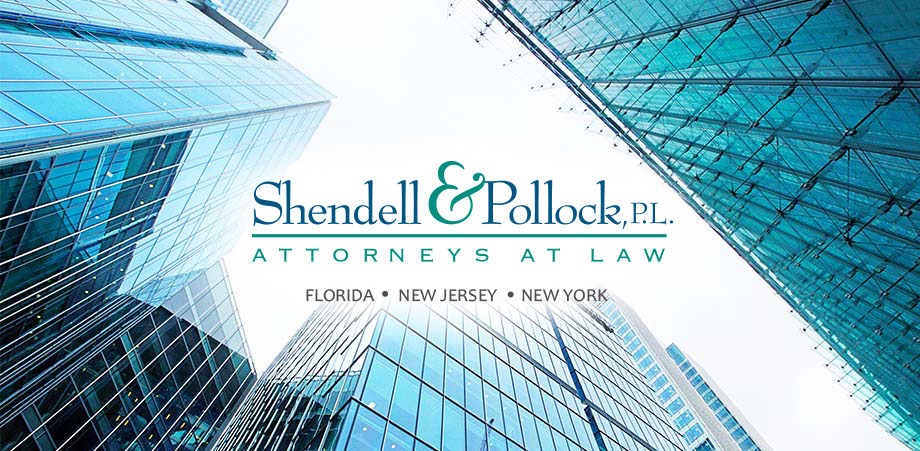
COVID-19 AND ITS EFFECTS ON JUDICIAL PROCEEDINGS

COVID-19 and its Effects on Judicial Proceedings
As a result of the Coronavirus Disease 2019 (COVID-19) pandemic, the State Surgeon General and State Health Officer on March 1, 2020, declared that a public health emergency exists in Florida, and the Governor on March 9, 2020, declared a state of emergency for the entire state. The Florida state courts have taken measures to mitigate the effects of this public health emergency upon the judicial branch and its participants. To that end, Florida Supreme Court Chief Justice Canady has issued several administrative orders implementing temporary measures essential to the administration of justice during the COVID-19 pandemic. The overarching intent of those orders has been to mitigate the impact of COVID-19, while keeping the courts operating to the fullest extent consistent with public safety.
See In re: Comprehensive COVID-19 Emergency Measures for the Florida State Courts, Administrative Order No. AOSC20-23, Amendment 1, at *1-2 (Fla. May 4, 2020) (internal footnotes omitted) (emphasis added).
With this latest amendment to its Administrative Orders, the Supreme Court of Florida has extended its moratorium on jury proceedings and jury trials through July 2, 2020. Meanwhile, the chief judge of each judicial circuit has been charged with the challenge of maintaining his/her court’s workflow, to the “maximum extent feasible,” through the use of technology.
By separate order on April 21, 2020 (AOSC20-28), the Chief Justice created the Workgroup on the Continuity of Court Operations and Proceedings During and After COVID-19. This Workgroup has determined that the following types of proceedings are conducive to being held remotely:
- Alternative dispute resolution proceedings;
- Status, case management, and pretrial conferences in all case types;
- Non-evidentiary and evidentiary motion hearings in all case types;
- Arraignments and pleas in absentia in county court misdemeanor cases
- Hearings in juvenile delinquency cases;
- Hearings in noncriminal traffic infraction cases;
- Problem-solving court staffing, hearings, and wellness checks; and
- Non-jury trials in all case types, except for criminal, juvenile delinquency, and termination of parental rights petitions in dependency cases unless the parties in an excepted case agree to the remote conduct of a non-jury trial.
AOSC20-23, Amendment 1, at *7-8 (emphasis added). While these are the directives from our highest state court, each circuit – and even each judge – is responsible for implementing these orders pursuant to their own capabilities, as well as in compliance with any local government dictates and restrictions. Thus, while Gov. Ron DeSantis has relaxed some restrictions on residents in the State (beginning May 18, 2020, all Florida counties will be under Full Phase 1: Safe. Smart. Step-by-Step. Plan for Florida’s Recovery as outlined by Gov. DeSantis’ Re-Open Florida Task Force), local and county orders, law, and ordinances as well as the Supreme Court’s Orders and the individual court’s own technological capabilities must be taken into consideration while attempting to keep our state courts from coming to a complete standstill.
Shendell & Pollock, P.L. continues to monitor events as they unfold for our clients and strives to keep you up to date on this and all happenings affecting the legal community. If you have specific questions regarding the operation of state and federal courts during this time, please contact Gary Shendell at (561) 241-2323 or gary@shendellpollock.com.